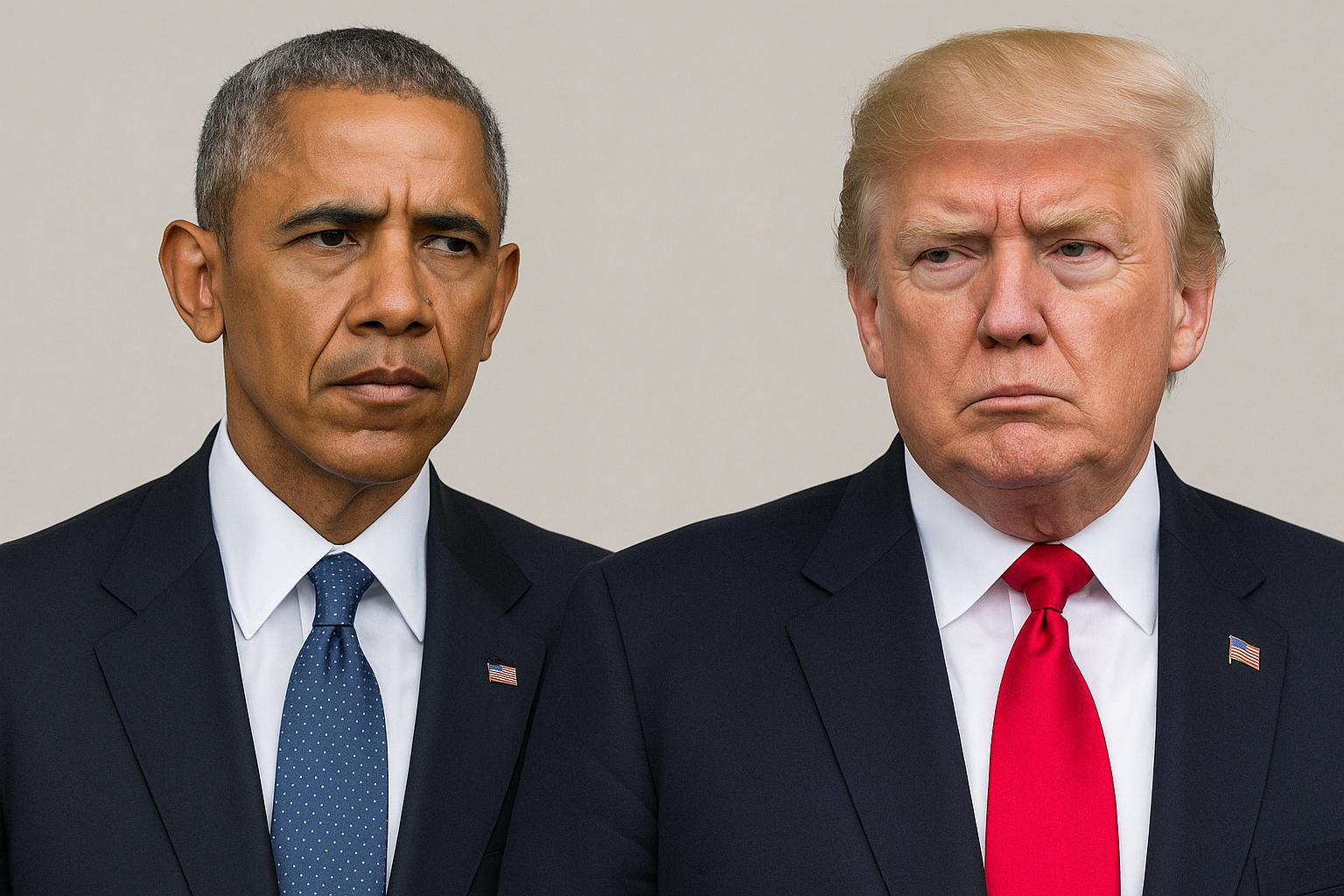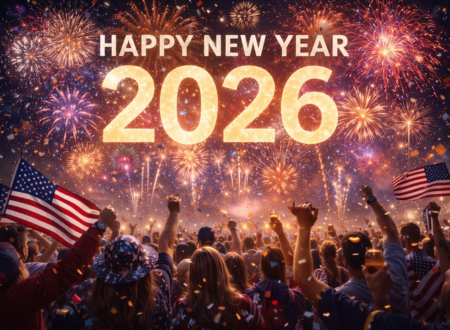Obama Warns US ‘Dangerously Close’ to Autocracy Under Trump
Former President Barack Obama has issued a stark warning about the state of American democracy, cautioning that the nation is “dangerously close” to normalizing behavior akin to autocracies under the current administration. Speaking at a recent event in Hartford, Connecticut, Obama offered thinly veiled but pointed criticism of President Donald Trump’s leadership and the weakening commitment to fundamental democratic principles.
A Plea for Democratic Values and Norms
During his remarks, Obama underscored the critical importance of upholding the core tenets of liberal democracy, as understood and practiced in the United States since World War II. He expressed concern that rhetoric and actions from those in charge of the federal government are increasingly inconsistent with these established norms.
“If you follow regularly what is said by those who are in charge of the federal government right now, there is a weak commitment to what we understood… our understanding of how a liberal democracy is supposed to work,” Obama stated, according to reports from the event. He added, “What we’re seeing right now… is not consistent with American democracy. It is consistent with autocracies.”
Normalizing Authoritarian Behavior
Obama specifically highlighted the danger of the United States “normalizing behavior” prevalent in authoritarian nations. While emphasizing that the country is “not there yet completely,” he stressed the proximity to this perilous state. He drew parallels, citing examples like Hungary under Prime Minister Viktor Orbán, as places that hold elections but do not otherwise observe a fair system where “everybody’s voice matters and people have a seat at the table and nobody’s above the law.”
The former president’s comments come amidst ongoing national debates about the integrity of democratic institutions, the role of factual discourse, and the nature of political power. His remarks resonated with many who are grappling with the current political climate and widespread concerns about the erosion of democratic norms.
The War on Facts A Core Threat
A significant part of Obama’s warning centered on the perceived assault on objective facts. He argued that one of the main issues behind current conflicts and the drift towards autocracy is the inability or unwillingness of voters and public officials to agree on what constitutes factual reality.
“In 2020, one person won the election, and it wasn’t the guy complaining about it,” Obama remarked, implicitly referencing President Trump’s continued false claims regarding the 2020 election. “And that’s just a fact, just like my inauguration had more people… facts are important.” He lamented that within one of the major political parties, there are “a whole bunch of people who know that’s not true but will pretend like it is,” calling such behavior “dangerous.” This suggests a deliberate effort to sow confusion and undermine public trust in verifiable information.
Call for Vigilance and Collective Action
Despite his grave concerns, Obama reiterated his characteristic optimism about the country’s future, describing himself as “still the ‘hope’ guy.” He urged young people and civil society to be “impatient with injustice and cruelty” and to exhibit a “healthy outrage.” However, he also emphasized that delivering change requires “a game of addition, not subtraction,” calling for finding common ground with those who may not agree on everything but share some fundamental values.
He stressed the importance of pushback from individuals, institutions, and even bipartisan figures within government who must stand firm against actions that contradict democratic principles. Obama’s message underscored the collective responsibility of the American people to actively protect and preserve their democratic system by engaging with one another and upholding shared truths.
Context of Ongoing Political Debates
Obama’s remarks were delivered at a time when the United States is deeply polarized, with ongoing national discussions about various Trump administration policies, including immigration raids and the overall trajectory of governance. His speech also followed recent nationwide protests, referred to as “No Kings” demonstrations, highlighting public opposition to certain governmental actions. The former president’s intervention serves as a significant voice in the continuing national conversation about the future of American democracy and its resilience against perceived authoritarian tendencies.





